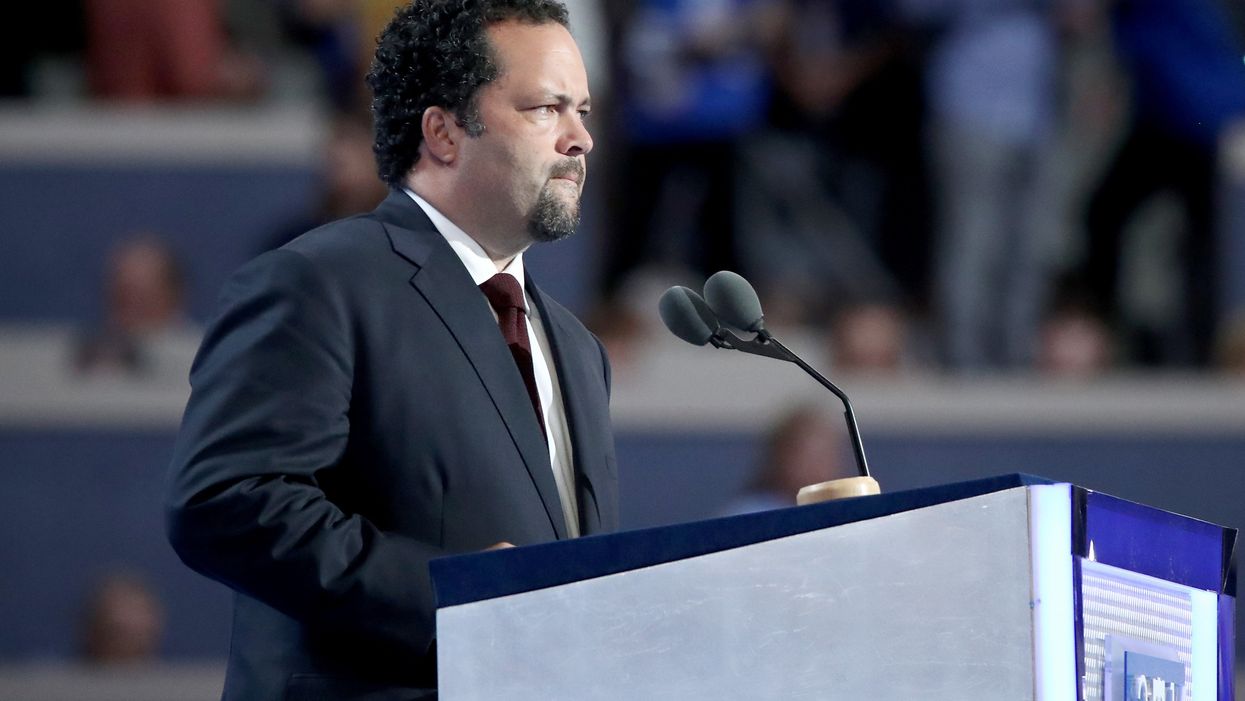Few advocacy leaders can say they have led two of the more storied progressive organizations fighting for civil rights and voting rights. Ben Jealous now counts himself a member of that select cohort. The youngest person named to head the NAACP, in 2008 when he was just 35, he led that organization through the Trayvon Martin case, the fight over New York's stop-and-frisk policies and other civil rights battles. He also formed the Democracy Initiative, a progressive coalition pushing campaign finance and voting rights reform. He left the NAACP in 2013 and was the Democratic nominee for governor of Maryland two years ago, losing to GOP incumbent Larry Hogan by 12 points. In June he was named president of People for the American Way, the progressive group founded by TV visionary Norman Lear. His answers have been edited for clarity and length.
What's democracy's biggest challenge, in 10 words or less?
Money in politics.
Describe your very first civic engagement.
Hanging door knockers for a neighbor who was running for county council on California's Monterey Peninsula when I was 5 years old.
What was your biggest professional triumph?
Playing leading roles, all in the same year of 2012, in abolishing the death penalty in Maryland, passing marriage equality for the state and and enacting its version of the Dream Act, which helps undocumented immigrants attend state colleges. This made us the first state south of the Mason-Dixon Line to do any of them — and the first state in the nation to do all of them.
And your most disappointing setback?
Getting the third highest vote total of any gubernatorial candidate in the history of Maryland — yet losing my race for want of $10 million, which would have allowed me to reach the 25 percent of voters who had no idea who I was.
How does some aspect of your identity influence the way you go about your work?
I come from a long line of freedom fighters, both Black and white. My parents raised me to understand that the American experiment is both ongoing and fragile. Every generation must work to make our nation more just, and every generation must be vigilant in protecting our democracy. I've dedicated my life to doing both.
What's the best advice you've ever been given?
You can do everything you want, but not all at once.
Create a new flavor for Ben & Jerry's.
Fully Baked. It would be the current Half-Baked flavor with CBD.
What's your favorite political movie or TV show?
"Eyes on the Prize," the 14-hour series documenting the history of the civil rights movement.
What's the last thing you do on your phone at night?
Text with my daughter, whether she's in my house or her mom's.
What is your deepest, darkest secret?
I eat too much Ben and Jerry's!




















Trump & Hegseth gave Mark Kelly a huge 2028 gift